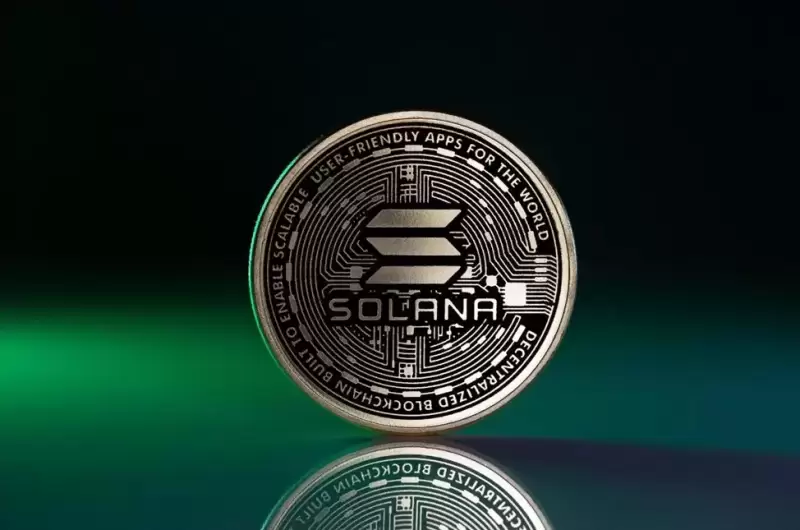 |
|
 |
|
 |
|
 |
|
 |
|
 |
|
 |
|
 |
|
 |
|
 |
|
 |
|
 |
|
 |
|
 |
|
 |
|
Cryptocurrency News Articles
IMF (International Monetary Fund) has updated its balance of payments standards to account for the increasing importance of digital assets.
Mar 24, 2025 at 09:42 am
For the first time, cryptocurrencies like Bitcoin (BTC) are officially recognized in global economic reports.

Recently, the International Monetary Fund (IMF) has updated its balance of payments standards to integrate the increasing importance of digital assets. For the first time, cryptocurrencies such as Bitcoin (BTC) are now officially included in the global economic reports.
IMF Includes Bitcoin In Its Global Economic Reports For The First Time
As reported by Benzinga, the apex financial institution has updated the Balance of Payments Manual (BPM7), which provides clear guidelines on how digital assets should be monitored in global financial statistics. This marks a significant step for cryptocurrencies as they become more recognized and integrated into the global financial system.
The update classifies cryptocurrencies as non-productive capital assets, similar to precious metals like gold, and stablecoins as financial instruments. Moreover, it adjusts the methods for recording cross-border cryptocurrency transactions, staking, and mining activities. Mining and staking are now categorized as services in a country's computer services exports/imports.
This move is part of the IMF's ongoing effort to adapt its economic standards to the rapidly evolving technological landscape. The updated manual will aid in the better tracking and regulation of digital assets in the future.
Analyst Claims IMF Called Bitcoin ‘Digital Gold’
An analyst, known on X as Ashcrypto, shared a post claiming that the IMF called Bitcoin "digital gold." This post quickly gained attention and sparked discussion within the crypto community.
However, Dennis Porter, a well-known voice in the crypto space, expressed skepticism towards this interpretation and asked if anyone could point out exactly where the IMF made such a statement.
After examining the IMF's statement, Porter clarified the source of the confusion. The IMF actually described Bitcoin as "a new digital asset designed to be used as a means of payment or act as a store of value."
He highlighted that the phrase "designed to be" is crucial here and it doesn't necessarily mean that the IMF is officially endorsing Bitcoin as "digital gold" or guaranteeing its stability or value like gold. Rather, it's about recognizing Bitcoin's potential and the purpose for which it was created.
The "store of value" idea for Bitcoin is often debated due to its high volatility. Unlike gold, which has a long history of stability and serves as a store of value, Bitcoin's value can fluctuate significantly over short periods.
This integration of cryptocurrencies into the IMF's economic framework is a significant step towards the official recognition and inclusion of digital assets in the global financial system. It reflects the increasing role that cryptocurrencies are playing in the global economy and the need for common standards in their reporting and statistical tracking. As the crypto industry continues to evolve, further updates and adaptations from the IMF can be expected to ensure efficient monitoring and integration of emerging financial technologies.
This article was originally published on Benzinga
Disclaimer:info@kdj.com
The information provided is not trading advice. kdj.com does not assume any responsibility for any investments made based on the information provided in this article. Cryptocurrencies are highly volatile and it is highly recommended that you invest with caution after thorough research!
If you believe that the content used on this website infringes your copyright, please contact us immediately (info@kdj.com) and we will delete it promptly.




























































